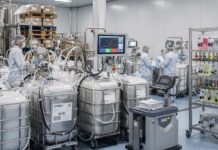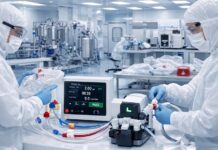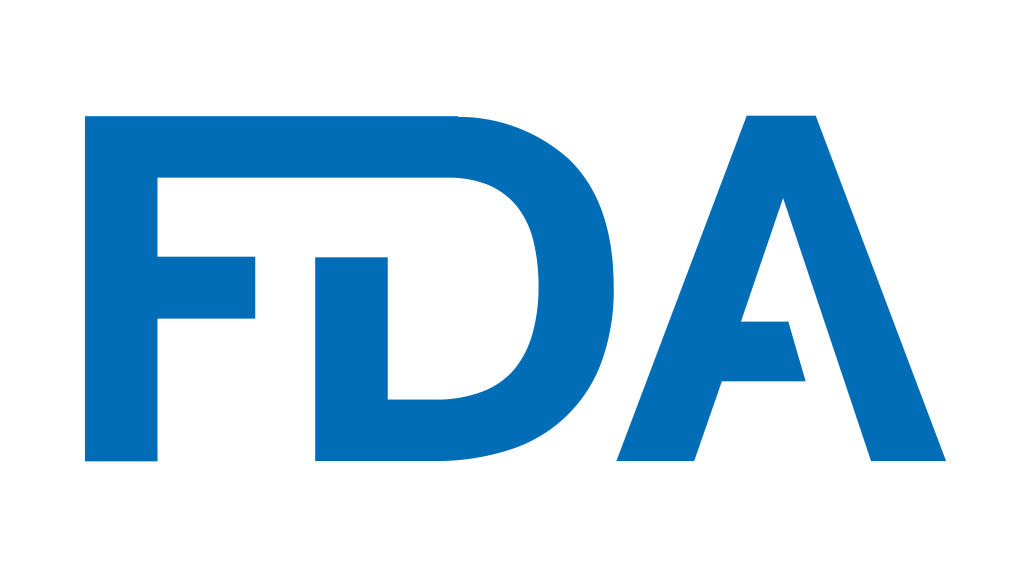The U.S. Food and Drug Administration (FDA) has unveiled a major initiative aimed at cutting both the time and cost required to develop biosimilar medicines, lower-cost “generic” alternatives to biologic drugs used for chronic and serious conditions.
In its newly issued draft guidance, the agency outlines plans to simplify the design of biosimilarity studies and minimize unnecessary clinical testing. Alongside this, a separate FDA initiative seeks to make it easier for biosimilars to qualify as interchangeable with branded biologics, a move intended to give patients and pharmacists greater access to affordable treatment options.
Biologic medicines account for just 5% of all U.S. prescriptions but represent 51% of total drug spending as of 2024. Although FDA-approved biosimilars have proven as safe and effective as their brand-name counterparts, their market share remains below 20%. To date, the FDA has cleared 76 biosimilars, a fraction compared to more than 30,000 approved generic drugs. Only about 10% of biologics expected to lose patent protection in the next decade currently have a biosimilar candidate in development.
“Today’s announcement of biosimilar reform furthers President Trump’s directive to lower drug prices for the American people,” Health and Human Services Secretary Robert F. Kennedy Jr. said. “Biologics treat many chronic diseases, but for too long, a burdensome approval process has kept patients from accessing more affordable biosimilars. This bold action by the FDA accelerates biosimilar development, drives market competition, expands patient options, and advances our mission to Make America Healthy Again.”
“Biosimilars are often far more affordable to patients and have the promise to significantly lower health care costs in America,” added FDA Commissioner Marty Makary, M.D., M.P.H. “By streamlining the biosimilar development process and helping advance interchangeability, we can achieve massive cost reductions for advanced treatments for cancer, autoimmune diseases, and rare disorders affecting millions of Americans.”
George Tidmarsh, M.D., Ph.D., Director of the FDA’s Center for Drug Evaluation and Research, said, “Science continues to evolve, and the FDA remains committed to advancing common-sense policies that further promote efficient and effective biosimilar and interchangeable biosimilar development, without compromising safety and effectiveness,”
The new draft guidance, titled “Scientific Considerations in Demonstrating Biosimilarity to a Reference Product: Updated Recommendations for Assessing the Need for Comparative Efficacy Studies,” reflects data gathered since the agency approved its first biosimilar in 2015. Comparative efficacy studies typically costing $24 million and lasting one to three years have been found to add little value compared to other analytical tests. The FDA’s revised recommendations seek to lessen dependence on these resource-intensive trials, enabling developers to establish biosimilarity mainly through analytical testing.
The agency also addressed “switching studies,” which some developers have conducted for biosimilars seeking interchangeable status. These studies, not required for generic drugs, can slow approval and create public uncertainty about safety. The FDA now generally advises against such switching studies.
Created under the Biologics Price Competition and Innovation Act (BPCIA) of 2010, the biosimilar approval pathway was established to foster competition within markets long controlled by high-cost biologic drugs. Since then, the FDA has cleared 76 biosimilars, broadening treatment options for patients managing conditions such as cancer, rheumatoid arthritis, diabetes, Crohn’s disease, and osteoporosis.
With the new measures, the FDA seeks to further open the market to affordable, high-quality biosimilars and reduce the overall financial strain of healthcare for Americans.























